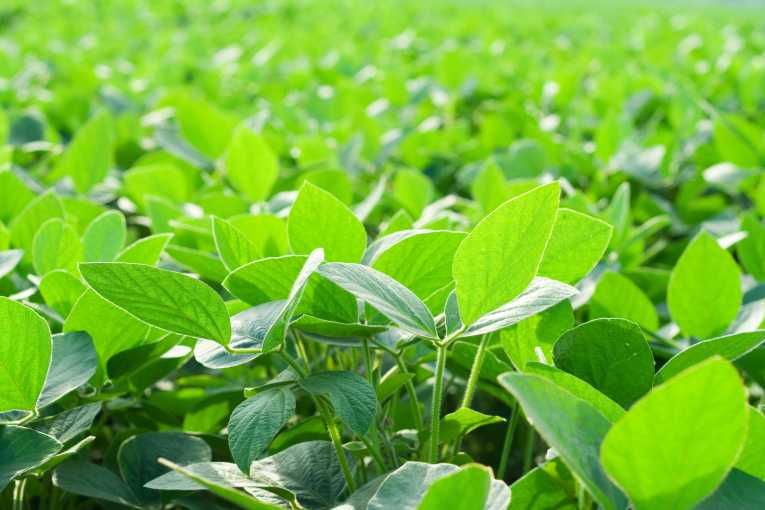Soya may be among the most popular foodstuffs on the planet but its success is causing significant environmental pressures, according to a report published today by environmental organisation WWF.
According to WWF, the rush to grow soya is having a serious effect on areas such as the Brazilian savannah, the Cerrado.
The problem is that soya, grown mainly for animal feed and vegetable oil, has seen its production doubled in 15 years, partly because of the rising consumption of meat but also because it is used for biofuel.
WWF says that two thirds of soya is traded, with China the largest importer followed by the EU, and production is expanding rapidly in Brazil, Argentina, Paraguay and Bolivia.
That means that increasing amounts of land are being used to grow soya which threatens habitats such as the Brazilian Cerrado, which is responsible for 5% of the world's biodiversity.
WWF is calling on supermarkets, producers and farmers to join the Round Table for Responsible Soy (RTRS), which specifies criteria for soya production including the protection of biodiversity and native forests. WWF was one of the founders.
Isabella Vitali, Senior Policy Officer on Livestock and Soya at WWF UK, said: "Through the consumption of livestock raised on soya, UK consumers may be unwittingly contributing to the destruction of some of the worlds most valuable habitats. WWF believes that schemes like RTRS can be an effective way of tackling the problems associated with soya expansion and help to preserve unique habitats for future generations."
"RTRS is not a silver bullet, however, and other ways in which we can reduce the impact of soya agriculture on areas like the Cerrado include changes to our diets, cutting down on waste, and supporting effective legislation to protect valuable habitats.
"Last week saw the biggest threat to Brazilian forests in recent history due to the progression of legislation that significantly weakens forest protection in Brazil. This just highlights the importance of initiatives like RTRS. Soya grown on land cleared in the dramatic rush to deforest that we are currently experiencing could not be RTRS certified."
Top Image Credit: © Dmytro Sukharevskyy










